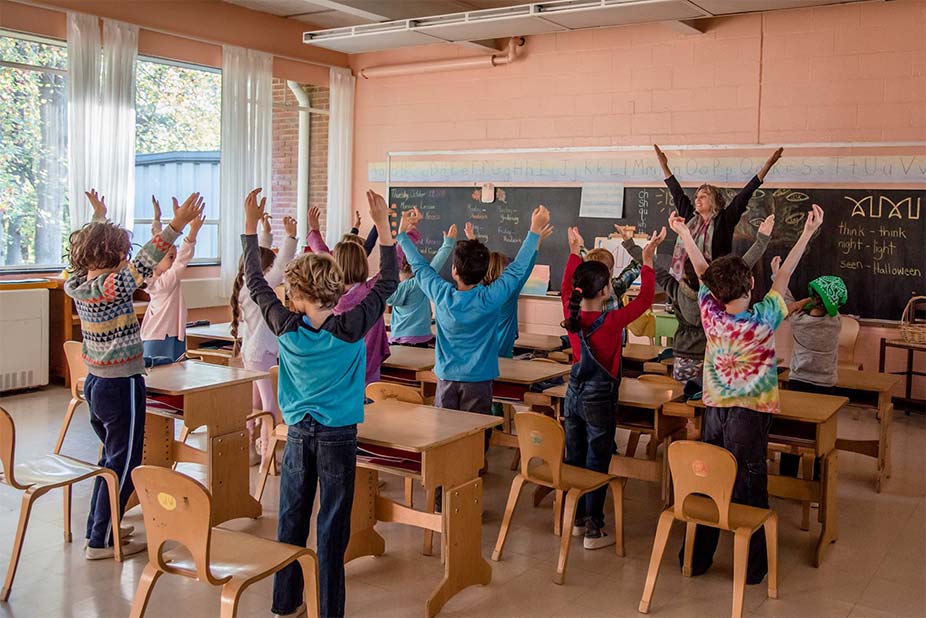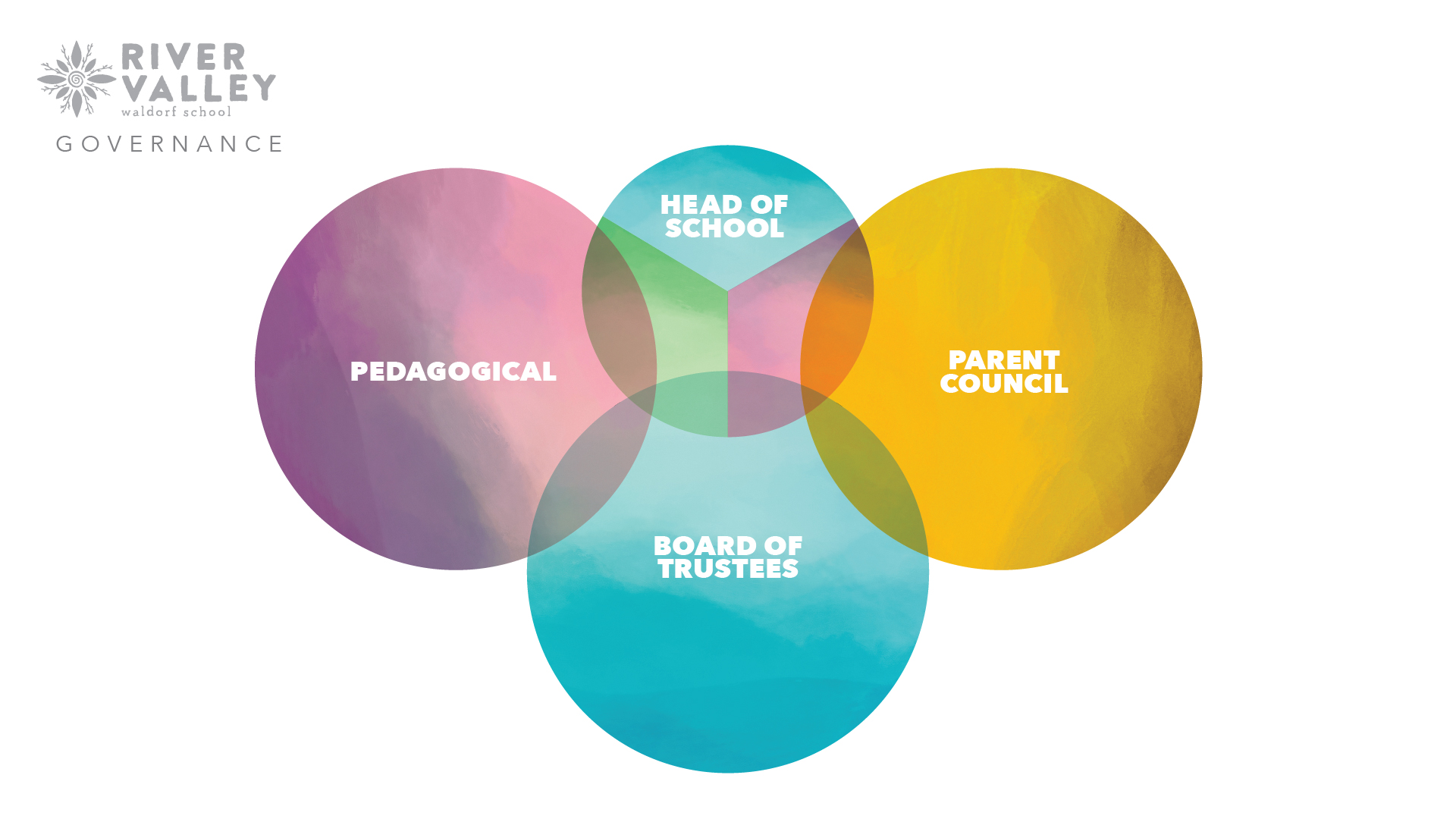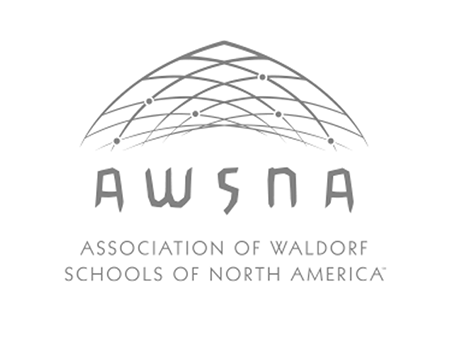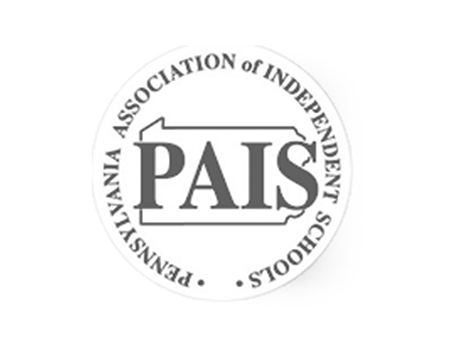Lorem ipsum dolor sit no nummy.


Three Pillars
At River Valley Waldorf School, community is deeply cherished and upheld through the collaborative efforts of three essential pillars: the Faculty & Administration, the Board of Trustees, and the Parent Council. The Faculty & Administration serve as the guiding force behind the school’s educational vision and day-to-day operations. They are responsible for creating a nurturing and enriching learning environment, implementing Waldorf pedagogy, and supporting the holistic development of every student. The Board of Trustees plays a vital role in ensuring the long-term sustainability and strategic direction of the school. They provide oversight, governance, and financial stewardship, working closely with the administration to make informed decisions that uphold the school’s mission and values. Lastly, the Parent Council serves as a vital link between the school and its families, fostering a sense of belonging and active engagement within the community. They support various initiatives, organize events, and facilitate communication, promoting a collaborative partnership between parents, faculty, and staff for the benefit of all students. Together, these three pillars form a strong foundation for the River Valley Waldorf School, driving its growth, resilience, and unwavering commitment to holistic education.
The Parent Council is a body of parents invested in working with the governing bodies of the school. This group of parents is composed of representatives from each class. They work to support the Faculty and Administration pillars by building an active community of volunteers brought together for a common purpose which enriches the experience of school life for our children and our families.
The Pedagogical Pillar is composed of the Pedagogical Chair, Pedagogical Leadership Group, and full faculty. The Pedagogical Chair in conjunction with the Head of School is responsible for the long term pedagogical visioning and development of programming and faculty management and organization, as well as overseeing admissions practices to bring pedagogical insight to all admissions decisions.
The Parent Council consists of ideally two parent representatives from each grade level as core members. The Parent Council coordinates the school’s annual Winter Fair and Mayfaire, communicates volunteer needs to the full parent community, maintains close-knit relationships with the Board and Head of School.
All stakeholders are responsible for supporting the mission of River Valley Waldorf School. Decisions are made with appropriate stakeholder consultation and collaboration.
The Three Pillars meet at least once annually and are represented by the faculty, the Board of Trustees, administrative staff and Parent Council representatives. The annual meeting addresses school visioning, planning and communication.
Governance Structure
River Valley Waldorf School utilizes a governance model that includes a Board of Trustees, Head of School, and Pedagogical Leadership Group. Both the Board of Trustees and Pedagogical Leadership Group utilize consensus decision making. Utilizing consensus decision-making fosters an inclusive and collaborative form of governance by ensuring that all voices are heard and valued. Through this process, diverse perspectives are considered, leading to more holistic and well-rounded outcomes that reflect the collective wisdom of the group. By prioritizing cooperation and compromise over majority rule, consensus decision-making promotes a sense of ownership and commitment among participants, ultimately strengthening community cohesion and resilience.
The Head of School plays a pivotal role as a bridge between the three pillars of the River Valley Waldorf School community, serving as a cornerstone for effective communication and mutual support. As the chief executive officer, they bear the responsibility of upholding the school’s overarching vision and executing its mission with unwavering dedication. In addition to managing faculty and staff, the Head of School oversees the day-to-day operations, ensuring the smooth functioning of the institution. They also bear the crucial responsibility of safeguarding the financial health of the school as directed by the Board of Trustees, implementing strategic initiatives to sustain its growth and vitality for years to come.
The Board of Trustees (BOT) carries the weighty responsibility of stewardship for the past, present, and future generations of the school community. Comprising dedicated individuals including parents, faculty, and friends of the school, the board is entrusted with the vital task of ensuring the school’s enduring success through strategic long-range planning, meticulous oversight of administrative affairs, and prudent management of fiscal and legal considerations. Their commitment to preserving the school’s values and fostering its growth exemplifies their dedication to serving as custodians of its legacy and aspirations. The Head of School (HOS) carries out the policies established by the Board of Trustees. Within these guidelines, the Head of School is accountable for board relationships, organization, planning and analysis, fundraising, academics, program & service support, personnel, finance, institutional image, environment, constituent relations, and enrollment & recruitment.
The Pedagogical Leadership Group (PLG) carries out the pedagogical management of the school, as dictated by the faculty approved mandate. Pedagogy comprises all activities pertaining to the school’s programs and the interaction with students, including classroom teaching, curricular and extracurricular activities, student social events, and class trips. The PLG is chaired by the Pedagogical Chair who provides support and leadership to the faculty, working in service of the faculty through collaborative leadership. The Pedagogical Chair works closely with the Faculty, Administration, and the Head of School to plan and implement the pedagogical and administrative objectives of the school community.
The Board of Trustees and full faculty regularly utilize a committee structure to facilitate work and decision-making. While adhering to legal requirements and general best practices of independent schools, River Valley Waldorf School practices a balance of consensus decision making and mandate committee structure. The decision making authority of committees are dictated by mandates. The assignment of a mandate allocates responsibility for a particular management task. Decisions made by committees are supported by the mandate assigning group and reviewed by the Head of School for alignment with the school’s mission, vision, and core values.
The Board of Trustees has the ultimate authority and responsibility for River Valley Waldorf School, including legal responsibility, fiscal responsibility, and long-range planning. The Board of Trustees has delegated authority to administer programs and manage the day-to-day operations of the school to the Head of School. The Head of School reports to the Board of Trustees and is supported by the Pedagogical Chair, Director of Operations, Business Administrator, Enrollment Coordinator, and Advancement Director. The Head of School’s main responsibilities are board relationships, management of the organization and personnel, planning and analysis of operations and finance, fundraising, pedagogy and academic programming, institutional image, the school environment, constituent relations, and enrollment and recruitment of students.
Board of Trustees’ Diversity, Equity & Inclusion Committments
River Valley Waldorf School is committed to creating an inclusive culture that values and celebrates the diversity of our school community, The Waldorf movement emphasizes the importance of recognizing the virtue in each human; River Valley strives to maintain an environment that values and supports its members across all intersections of their identities. It is our goal to be accountable and to meet challenges with courage and grace.
Along with the Association of Waldorf Schools of North America, we recognize that the Waldorf movement’s promise of honoring the inherent beauty and integrity of each individual has sometimes fallen short for historically marginalized students and community members. River Valley Waldorf School recognizes that Rudolf Steiner, the founder of Waldorf education (1919), provided many profound insights that uphold the value and dignity of each human being and form the foundation of our organization’s history and worldview. However, he also made statements containing harmful assertions about race and ethnicity. Racism, whether explicit or implicit, is fundamentally opposed to the core principles of Waldorf education.
River Valley Waldorf School’s Board of Trustees is dedicated to improving equity and strengthening anti-bias and anti-racist (ABAR) practices and makes the following commitments:
1. To hire Heads of School who prioritize diversity, equity, and inclusion work and practices;
2. To verify that the values of diversity, equity, and inclusion are applied to programming, practices, and policies;
3. To ask questions about school culture and climate and hold the school accountable to its goals for diversity, equity, and inclusion;
4. To develop policies that promote diversity, minimize inequities, and increase inclusion;
5. To allocate resources to ensure that diversity, equity, and inclusion can be moved forward at River Valley Waldorf School; and
6. To ensure that diversity, equity, and inclusion centered goals are a key part of the school’s long term strategic planning.
7. To deepen learning, development, and self-study in the realm of diversity, equity, inclusion, and to strive to identify bias in policy or interpersonal dynamics.




Kelly Henriques
President
Megan Briggs
Vice-President
Michael Sullivan
Treasurer
Tom Chiarella




Danielle Kulp
Olga Martuza
Bill Murphy
Molly Watson

Not Pictured: Anne Koellhoffer, Secretary
Faith Moynihan
Katie Pantaleo
Jamie Wood
Stacy Zink



© River Valley Waldorf School






